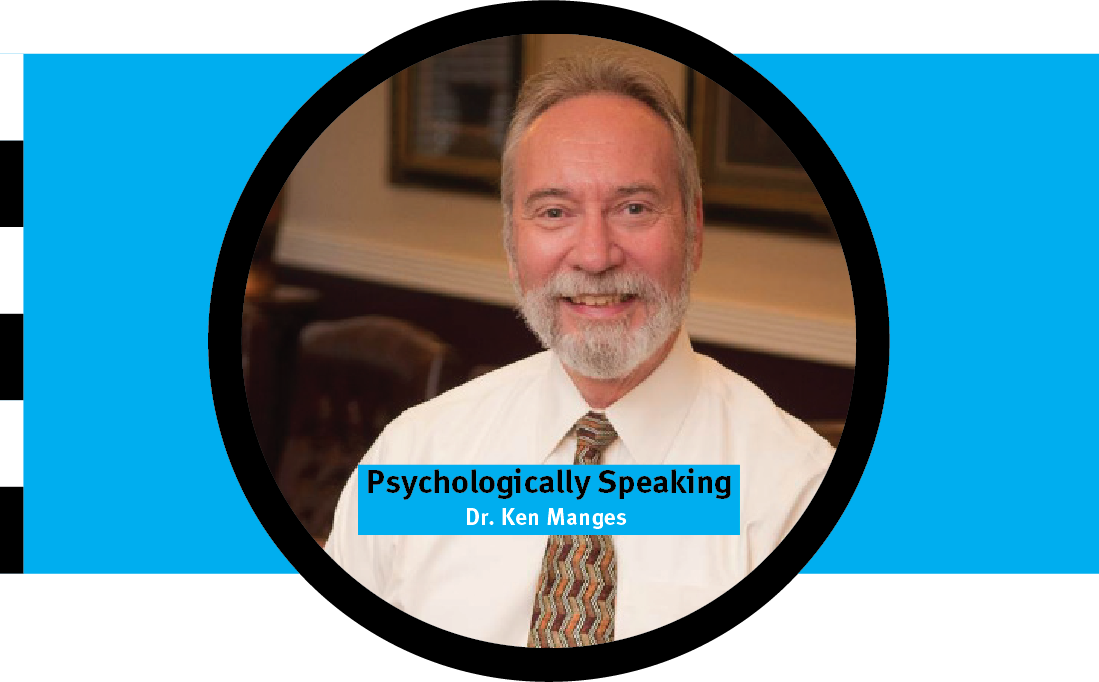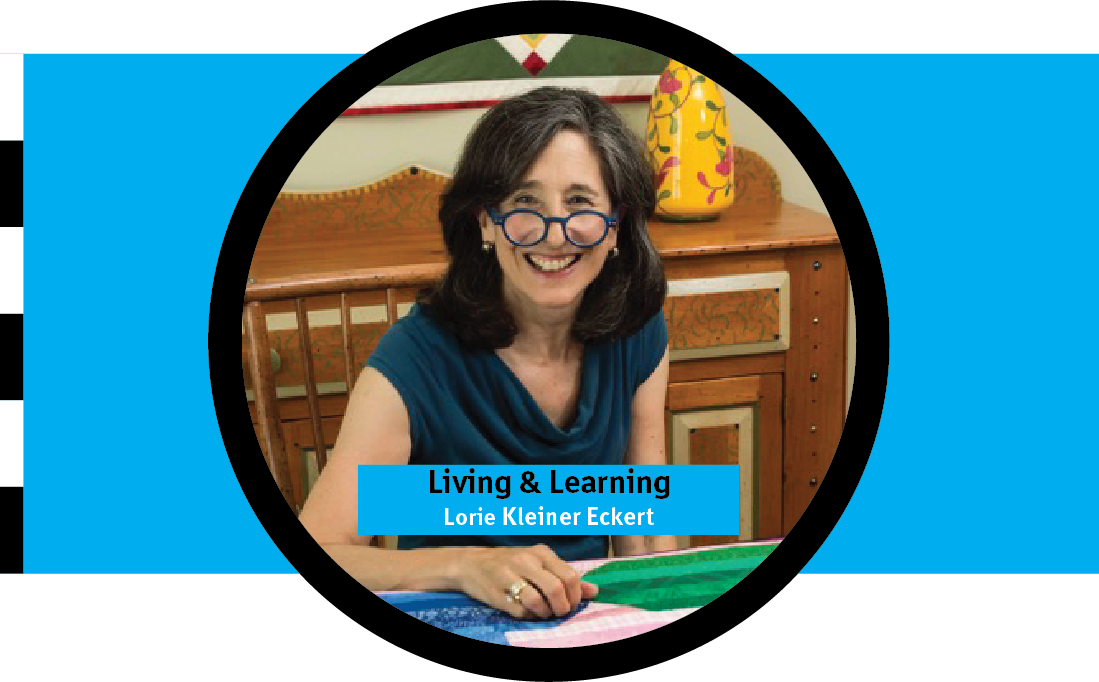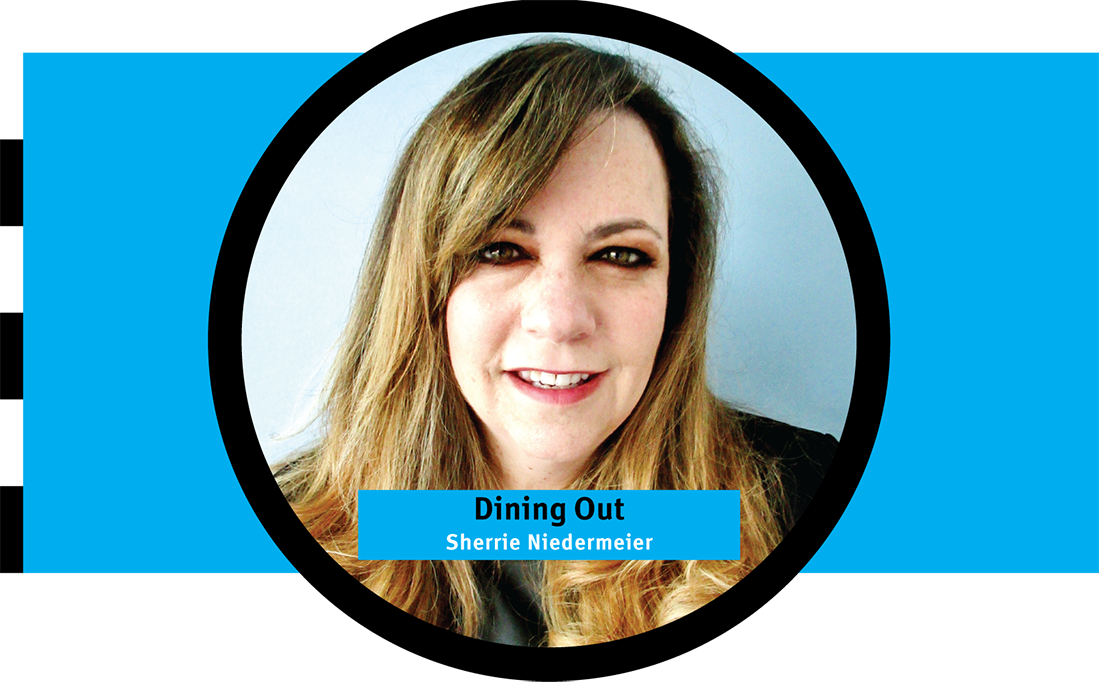
This is part seven of Steve Rosedale’s column. Stay tuned each month for more of Steve’s story.
I’ve just finished a week of meetings, first as a delegate to the World Zionist Congress (Jerusalem) and most recently as a member of the Board of Governors of the Jewish Agency (Tel Aviv). In both, the strife between our deeply divided people broke out into open protests and disruptions. The World Zionist Organization was first founded in 1897 at the initiative of Theodore Herzl and led eventually to the founding of the State of Israel. The Jewish Agency became, especially under the British Mandate after World War Two, a shadow government of the Jews in British Mandate Palestine. It continued after the establishment of the State as “the round table of world Jewry” and their many programs, especially Aliyah, bringing millions of Jews home to Israel, has made Israel a melting pot of Jews from every corner of the globe.
The current struggle, which appears on the surface as a struggle between “Right” and “Left,” between Liberal and Conservative, between religious and not so religious, is really a much deeper changing of the world order of the Jews. In Israel, the birth rate of Haredim (average number of children eight) has led to demographic changes where, after years of stalemate, a significant majority of Israelis voted for a right-wing, religious coalition leading to the potential of the first stable government in many years. It was a wakeup call to the Center-Left and non-religious who saw the ethos of the founding fathers of the State in jeopardy, and indeed the new government is pushing for wide ranging reforms that would change many basic elements of the State. One of these is the Supreme Court which is liberal, very activist, self-perpetuating and until now has acted as an independent arbiter of how far government can go. The government wants the court to be elected by the people as in the United States. In the end there will be compromise and life will go on, but it is harbinger of things to come. Those on the left cry “Democracy is being threatened” while those on the right say, “Democracy is exactly what’s happening, we won the election!” The reality is that the country is constantly growing and changing and what’s most needed is for the extreme rhetoric to be quieted by the majority of reasonable people. We also need to regain our trust in one another and remember that what unites us is stronger than what divides us. The Talmud in Sanhedrin offers a story on point: One cold winter night a Talmud (student) came to his Rebbie and said, “Rebbie, it’s so cold and we only have one tallis between the six of us to cover ourselves. The Rebbie said to him, “everyone must push towards the center.” It’s good advice for our current problems.
Jews in the United States became heavily involved in supporting the liberal cause and went so far as to lobby the US government to put pressure on Israel to pull back from judicial reform. They were only too happy to comply. One needs to remember the last time we did this was during the waning days of the Hasmonean Dynasty (the Maccabees). Hyrcanus II was vying with his brother for the throne and in order to strengthen his position allied with the Romans and invited them into the country. It’s like inviting the bear to supper only to realize that you’ve become the supper. It led to loss of independence and eventually 2,000 years of exile.
In reality, right and left, conservative and liberal, make no sense in a Jewish context. The first characteristic of the first Jew, Avraham Avinu, was Chesed, loving kindness. How can any Jew not have compassion? The second characteristic, Gevurah, strength, requires one to be responsible. In order to maintain the balance between loving kindness and responsibility HaShem gave us the Torah.
An example of the wisdom necessary to maintain this balance is exemplified by one of the other major issues in the current controversy, changing the Law of Return. The impetus for this is the demographic shift in Aliyah to Israel from the former Soviet Union to Israel. When the doors opened up in the 1990s, 90% of the Russians making Aliyah were Jewish according to Jewish law. With the recent wave, it’s down to 30%. It’s a problem that separates the two sides. One side is looking with loving kindness, the other responsibility. Last year Israel brought in approximately 75,000 people on Aliyah based on the Law of Return, most from the former Soviet Union and Ukraine. With only 30% being Jewish according to Jewish Law (Halacha), we’re building up a large population of people who aren’t Jewish and even under the relatively friendly and easier system of conversion (Nativ) that’s been developed in concert with the military, only 20% choose to convert. This means that, for the first time, there will be a considerable population who join the military, consider themselves Israeli yet are not Jewish, with the inevitable intermarriage that will result. Responsibility says we must limit this problem.
But then there was this young girl at our table. She told us that she was living in Russia and that, when Russia invaded Ukraine, she raised money and worked to help the Jews of Ukraine get to safety in Israel. She told us her father was from Ukraine and her mother was Russian. It didn’t take long before two KGB officers (now called GRU) came knocking on the door and Putin enacted a law that anyone helping Ukrainians gets 20 years in the Gulag. She immediately left Russia with her younger brother and made Aliyah to Israel. After she arrived, while on the bus to the Ulpan to learn Hebrew, the bus had an accident, she ended up in the hospital and lost all her luggage.
Here she was, alone with her younger brother, no money, no relatives, in a strange country. We asked about her background. She said only her father was Jewish and someone asked her if she understood that required a conversion. She said yes. She told us her story with such trembling that we tried to give her assurance that she was with “family” and it was OK. All of a sudden the demographic problem had a human face, the clarity from a distance became complex, my Jewish heart took over, and I just wanted to take care of her like I would do with any of my grandchildren.
None of these problems are easy. We need the wisdom of Solomon and the courage to find the middle road that preserves Halacha (Jewish Law) but does so with a human face and a Jewish heart. Hopefully we’ll remember that both are our inheritance and that if we work hard enough to pull towards the center we’ll discover another human being on the other side, another Jew and that we’re all family.




